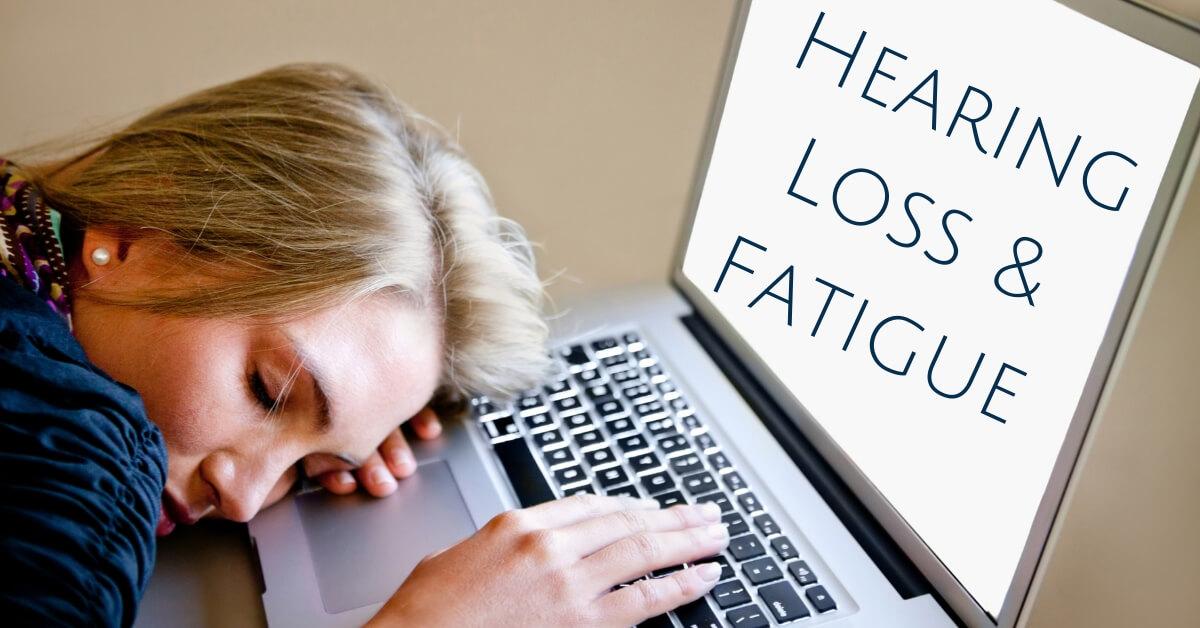
- Hearing Aids Can Improve Your Quality of Life - July 22, 2019
- Comorbidities of Hearing Loss - July 10, 2019
- Q&A About Hearing Loss - June 26, 2019
Everyone is busy these days, running from one destination to the next. It can be a test of your stamina, but if you seem more tired than usual at the end of the day and you are in relatively good health, it might be something else – such as an untreated hearing loss.
It might be time to schedule a hearing evaluation at Beverly Hills Hearing Center because the issue might be listening fatigue. Yes, really, listening fatigue. If you have hearing loss and you spend the day exerting yourself to try and process what you are hearing you could have listening fatigue.
Your Brain Gets Tired
Your brain plays a crucial role in your ability to hear and understand what you are hearing. Three areas of the brain work in tangent with the auditory system to interpret and process sound and also produce speech. The hair cells in the inner ear are responsible for converting the noise that the outer ear gathers into electrical signals which travel along the auditory nerve to the brain. Each tiny hair cell is responsible for converting a specific pitch or frequency. When these cells die or get damaged, the auditory system loses the ability to translate that specific frequency and that causes the brain to work harder to process incoming electronic signals.
Hearing Aids Help
Depending on how severe the hearing loss is, hearing aids or cochlear implants can improve listening and speech comprehension and that will help decrease listening fatigue. Vanderbilt University did a study in 2011 involving 16 adults between the ages of 47 and 89 with mild to severe hearing loss to see what, if any, the effects of hearing aids on listening efforts and mental fatigue. The participants word recognition, word recall, and visual reaction time were tested with and without hearing aids. Results indicated that survey participants realized better word recall and their reaction times were faster with hearing aids rather than without.
Coping with Fatigue
Even if you have normal hearing, intense listening can prove to be exhausting. There are some things you can do to cope with listening fatigue regardless if you have hearing loss or normal hearing. Take a break from the noise. If you don’t wear hearing aids, take a walk somewhere quiet or find a place where you can sit in silence with your eyes closed, take a deep breath and relax. If you are a busy professional, find a quiet place to sit and eat your lunch. In the evening, read a little instead of watching television. If you do have hearing aids, take them out for a couple of minutes each day and just sit quietly and relax.
Practice deep breathing. If you find yourself getting overwhelmed, stressed, anxious or frustrated, spend a few minutes doing some deep breathing exercises. The activity will help clear your mind while reducing stress and your blood pressure. Eliminate background noise when you can. People with hearing loss have trouble separating speech from background noise. The less background noise your ears and brain have to process, the less stressful it will be to hone in on the conversation and the more energy you will have.
Take a nap. The National Sleep Foundation says a 20 to 30-minute nap will improve your alertness level and your energy and not interfere with your night-time sleep. And, added bonus, you get in your quiet time.
Hearing Aids Are the Answer
About 48 million Americans have some degree of hearing loss. In addition to listening fatigue, untreated hearing loss also puts you at risk for early onset dementia, depression, social isolation, hypertension and anxiety. If you aren’t hearing like you should be and you find yourself exhausted at the end of the day, it’s time to make an appointment with Beverly Hills Hearing Center.
Our qualified professionals will give you a thorough evaluation and then guide you through the process of better hearing health – and better all-around health – by choosing hearing aids. We are well-versed in the new technology that has led to smaller hearing aids that fit your lifestyle as well as your budget. The new hearing aids will allow you to stream from hour television, your phone, your laptop – virtually any mobile device. Better hearing, better health – we’re ready to help you get the most out of the rest of your life.
